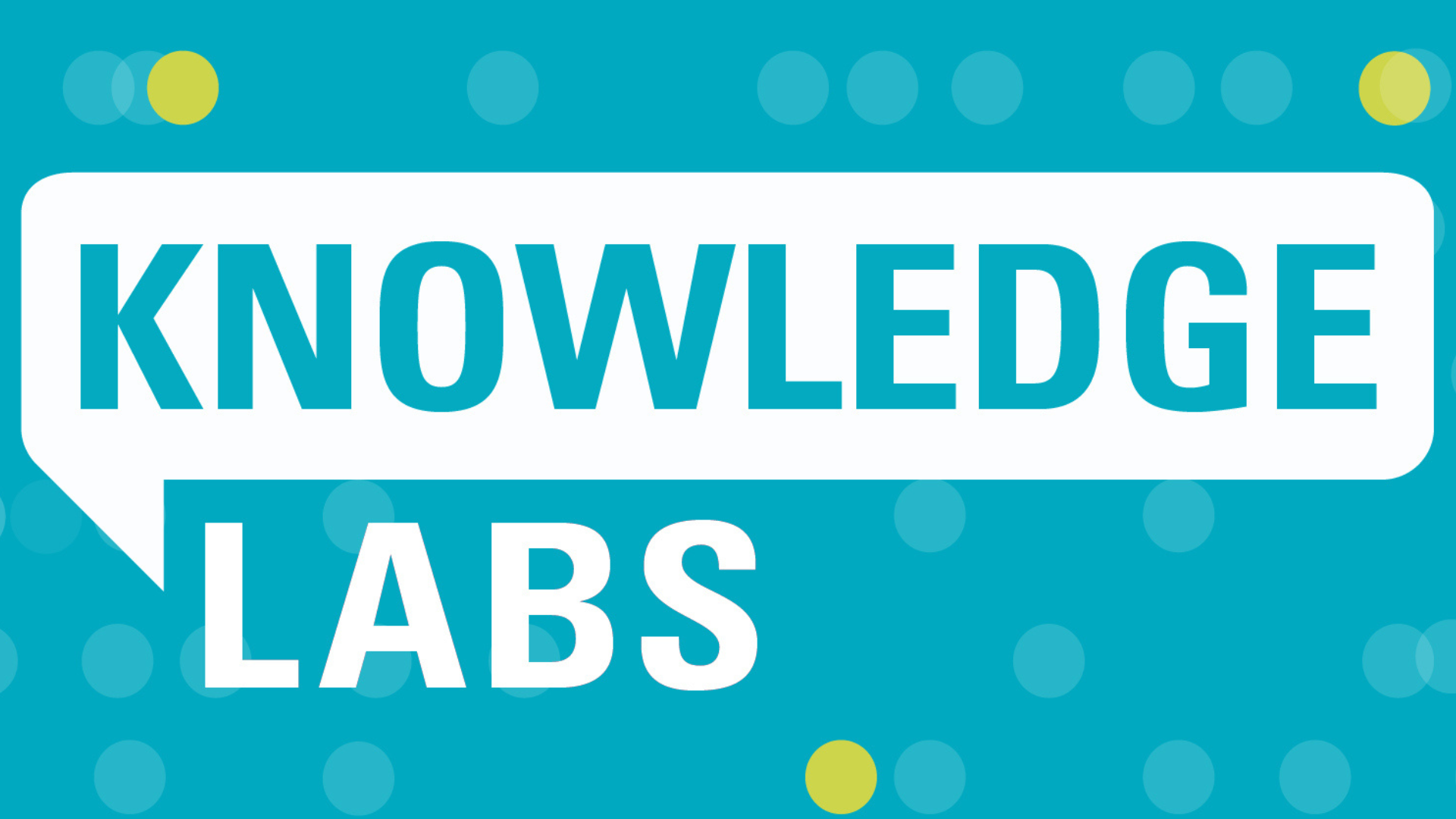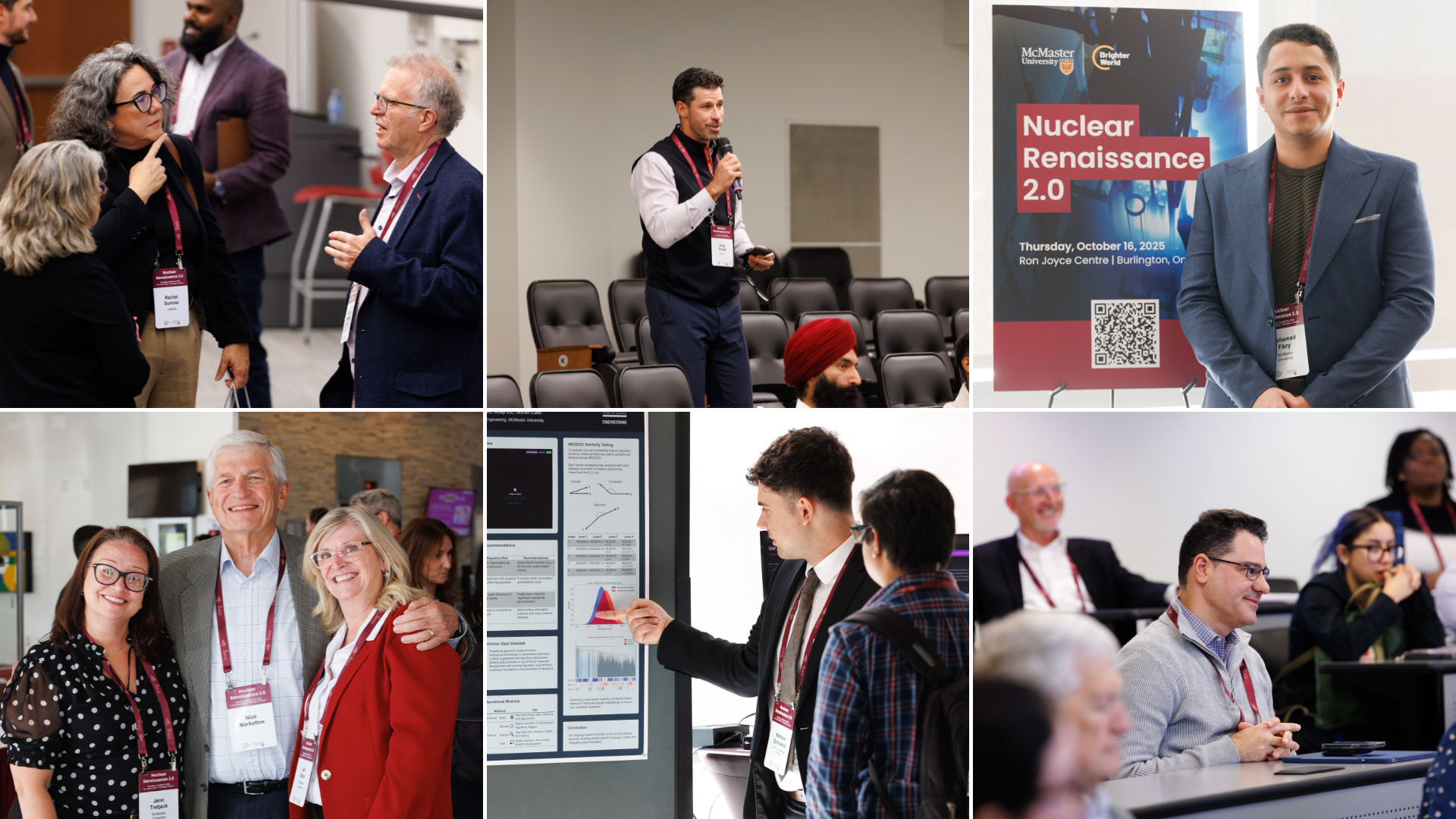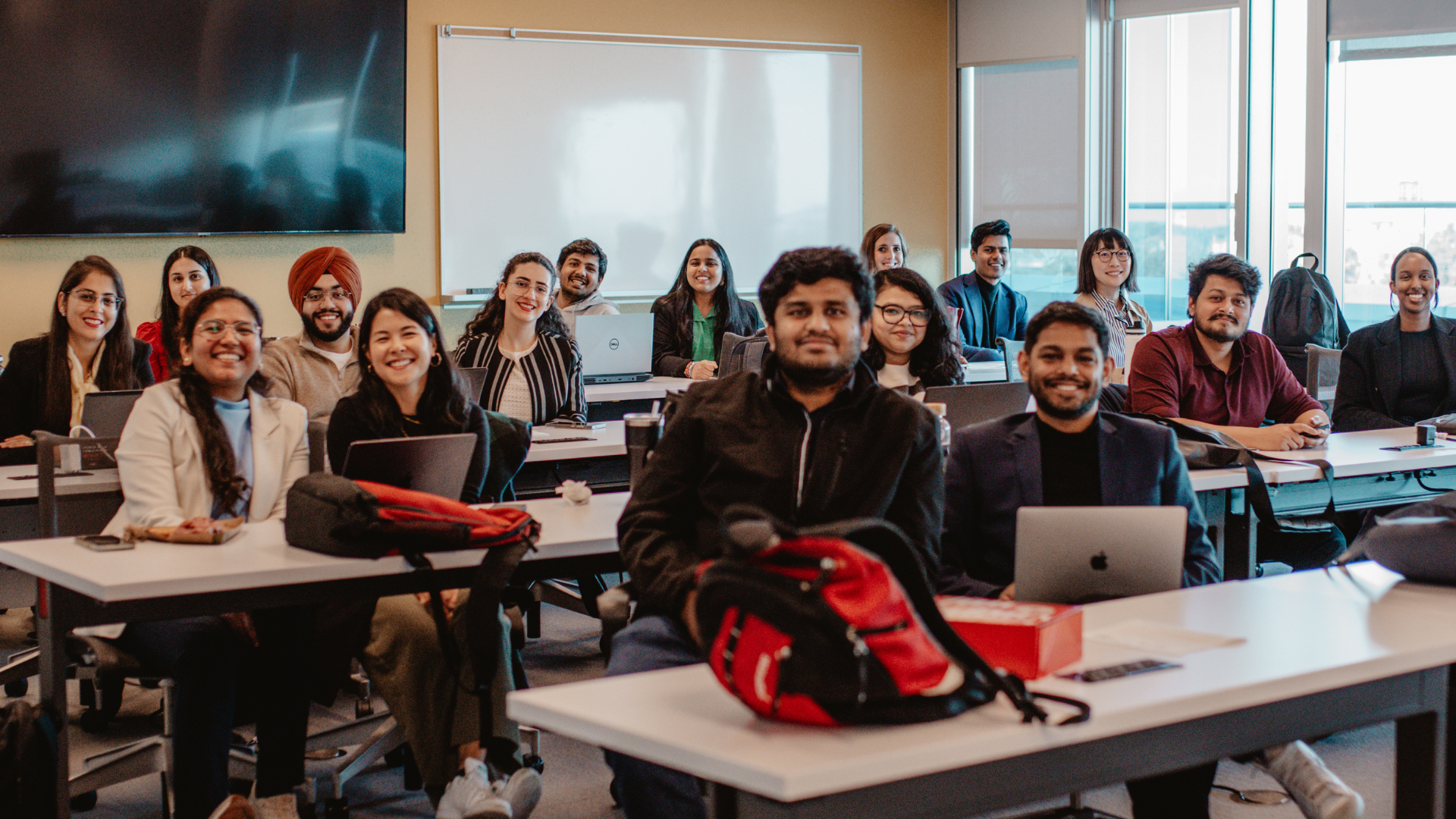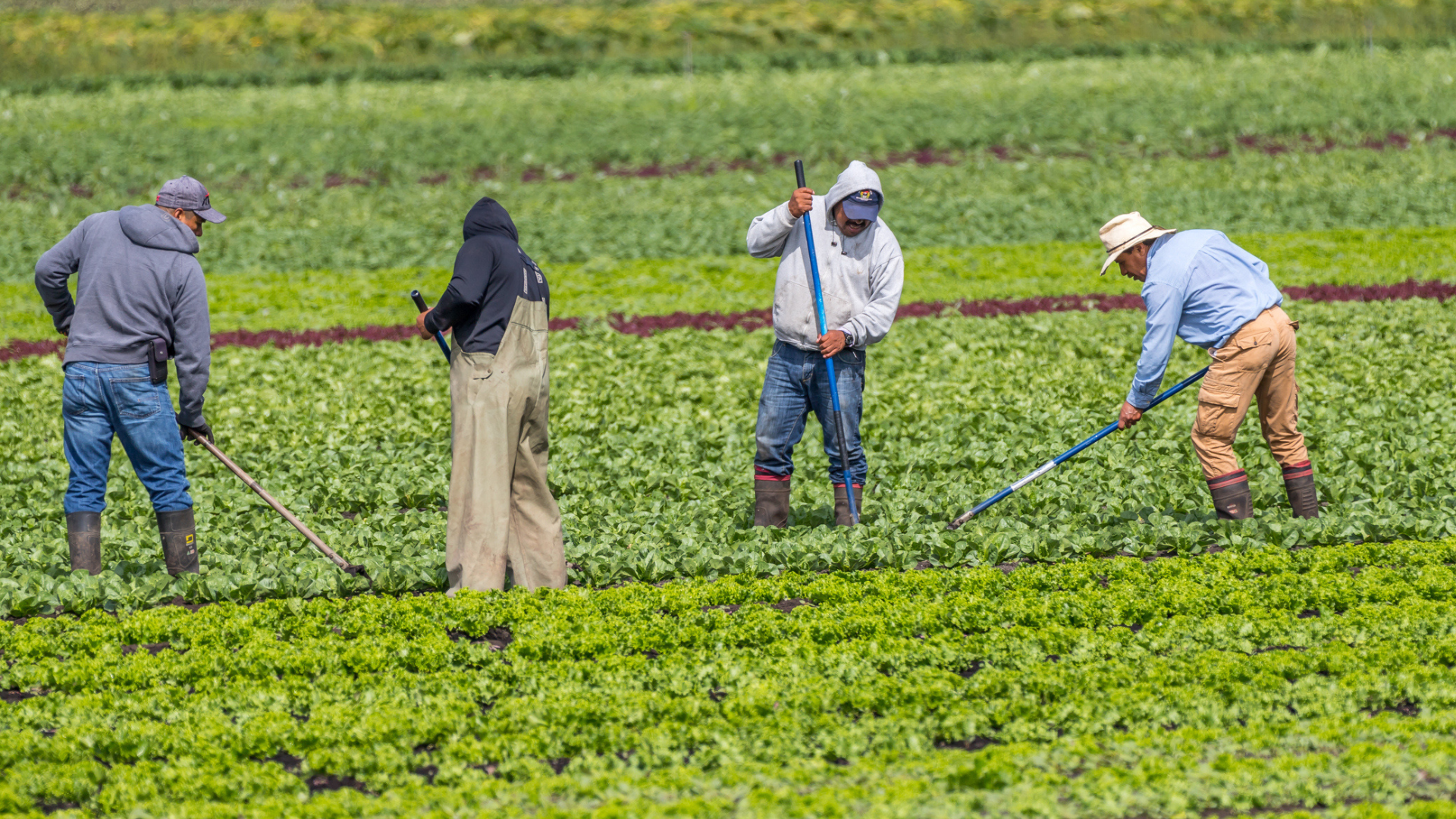How to maintain business stability during a crisis
April 21, 2020 ·
Contributed by: Dr. Goran Calic, Assistant Professor, Strategic Management and Dr. Anton Shevchenko, Concordia


The world will never be the same. The COVID-19 global pandemic has resulted in an unprecedented change in circumstances. Organizational layoffs are skyrocketing, the demand for goods and services is plummeting, and governments are preparing the most significant fiscal stimulus in modern history. These changes raise important questions about what organizations should do. Some will rely on radical innovation to address underlying problems resulting from the COVID-19 crisis.
Is radical innovation needed during a crisis?
Radical innovation (the replacement of the existing business model) may seem like the appropriate response to an equally sudden and drastic change in circumstances. A common justification for radical innovation is that the situation in which you find yourself has changed. Thus, you should adapt to those new circumstances. On the surface, this claim has a taken-for-granted or sound quality that makes it both distinct and compelling. Sudden changes in the environment require equally fast organizational adaptation. Yet, there are strong arguments against radical innovation during a turbulent environment.
Radical innovation is not the best business option.
While scholars have noted that changes in external circumstances make innovation essential, they have tempered this advice. Although there are often good arguments for radical innovation, it is not always appropriate.
The sudden changes in the environment that make radical innovation compelling are the same changes that make deciding how to innovate difficult. During a time of abrupt environmental change, new knowledge, which is required for radical innovation to be useful, will be uncertain, inaccurate, and incomplete. Vague, inaccurate, and incomplete knowledge not only erodes organizational effectiveness but can destroy it through poor decision-making.
The good news is that there are steps businesses can take to manage more effectively when faced with unprecedented and rapid change.
Stability is the best defensive approach in a volatile environment. In a volatile situation, it is crucial to understand what areas of the business should not change, which makes it easier to adapt where it is really needed. Under these circumstances, stability may be the best option. One of the core functions of a stability strategy is to rely on the organization’s existing strengths and resources, which will then guide action.
Organizations should attempt to maintain their current position and focus on modifying one or more of its business operations in response to a crisis. Take stock of the situation and determine the appropriate strategy when the industry is in a period of rapid upheaval. Companies should continue to exploit existing strengths and resources. The Canadian Automobile Association (CAA), a non-profit providing roadside assistance service, is deploying its fleet of vehicles for the delivery of vital food and supplies. James Dyson, the billionaire founder of the appliance manufacture Dyson, has designed a ventilator to support a patient who is no longer able to maintain their airways. Dyson has received an order from the UK government for 10,000 ventilators to support efforts by the country’s National Health Service to treat coronavirus patients. The CAA is temporarily changing the services it offers, and Dyson is temporarily changing the products it makes.
Develop collaborative strategies for new circumstances. Adopting a stability strategy multiplies organizational effectiveness and encourages knowledge-sharing between organizations. For businesses to survive in a volatile environment, collaboration, rather than competition, is essential. During particularly protracted environmental shocks, the community relies on the collective knowledge of organizations and individuals to solve problems. A crisis presents opportunities for businesses to cooperate. For instance, Ford has retooled its production lines from making hybrid car batteries to ventilators. Ford workers are collaborating with workers from a ventilator maker and GE Healthcare to take apart a ventilator, 3-D scan each part, and to create computer simulations of how to produce the device quickly and effectively.
Businesses should use digital platforms to maintain stable and agile operations. Local companies can build stability during uncertain times by using technology to achieve business outcomes and develop tighter relationships with their customers. Local Hamilton businesses are getting off on the right foot during COVID-19 restrictions – digitally. The City of Hamilton’s Economic Development Department, in partnership with several local organizations, developed Hometown Hub. Local, smaller enterprises have partnered to provide an easy-to-use digital platform that offers customers direct access to local goods and services. The site launched on March 27 and features local restaurants, including Charred, The Burnt Tongue, Crumbled, Gown and Gavel, among others. Retail shops include True Hamiltonian, Mixed Media, The Pale Blue Dot, and many more.
Given the scope of uncertainty resulting from the COVID-19 pandemic, in the short-term, individuals and organizations must focus their energy on stability and collaboration.
About Dr. Goran Calic
Dr. Goran Calic is an Assistant Professor of Strategic Management, with associate membership in Information Systems, at McMaster University. He holds a Ph.D. in Strategic Management and a Post Doc. in Computational Cognitive Neuroscience from Purdue University. Goran Calic’s research focuses on understanding why some individuals are more creative than others, and some organizations are more innovative than others. His area of research is primarily concerned with early-stage entrepreneurship. He was awarded the 2015 Max Henri Boisot Award for his work on creativity in organizations. He has written in a variety of academic publications, such as the Journal of Management Studies, Rutgers Business Review, the Academy of Management Learning & Education, and The Oxford Handbook of Organizational Citizenship Behavior.















